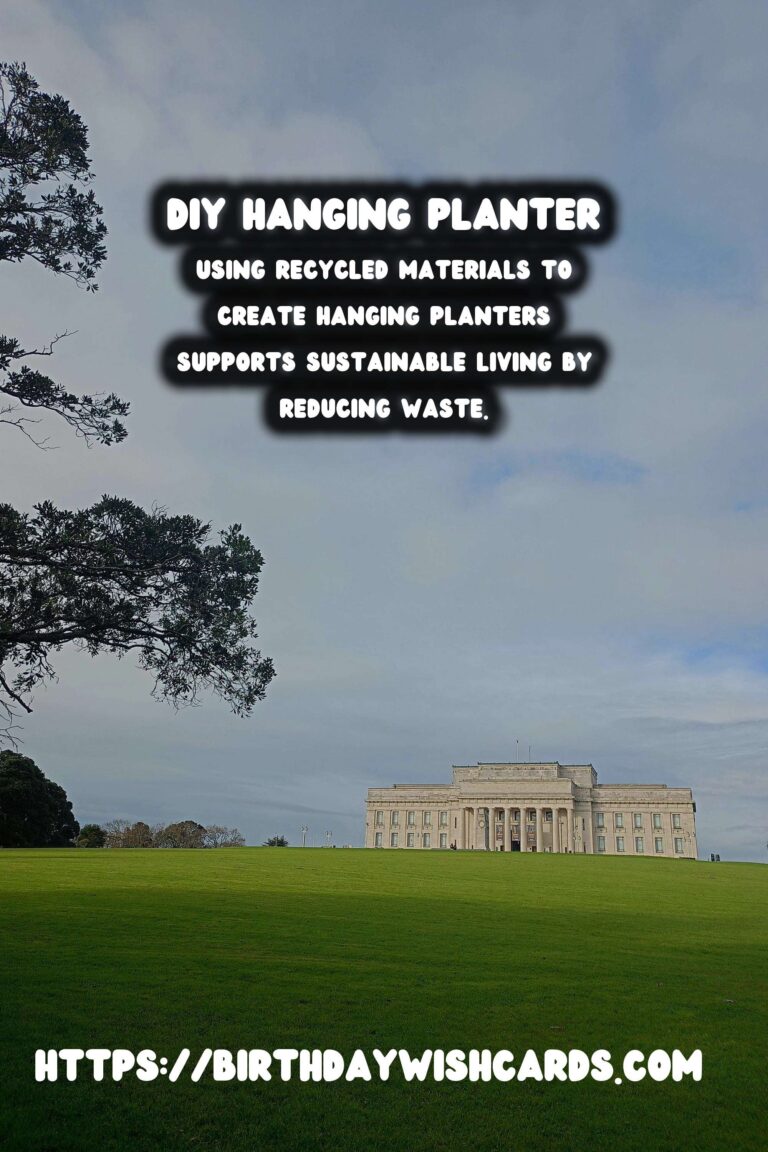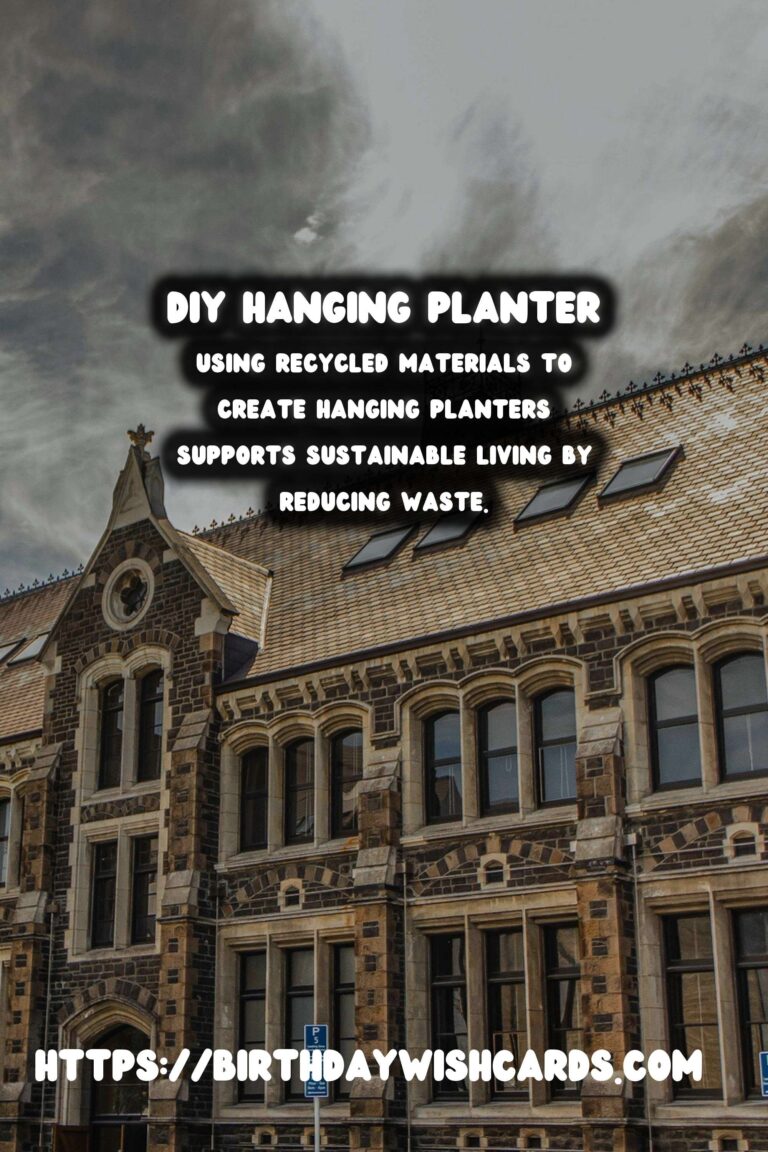
Transforming old, unused items into beautiful hanging planters is not only a creative and fun activity but also an excellent way to contribute to environmental sustainability. Recycled planters can add a unique touch to your home or garden, demonstrating that eco-friendly solutions can be stylish and functional.
Why Choose Recycled Materials?
Using recycled materials to create hanging planters supports sustainable living by reducing waste. It allows you to repurpose materials that might otherwise end up in a landfill, offering a new life to items like plastic bottles, tin cans, or even old shoes. Moreover, this creative endeavor can be a cost-effective alternative to buying new planters.
Materials You Can Use
Here’s a list of common household items that can be transformed into plant containers:
- Plastic Bottles: Cut them horizontally or vertically, paint, and hang them using ropes or wires.
- Tin Cans: Cleaned and painted tin cans make excellent rustic hanging planters.
- Glass Jars: Perfect for small plants or herbs, glass jars can be creatively hung with macrame or wire.
- Old Shoes: A quirky yet charming option, especially for outdoor spaces.
- Basketry: Worn-out baskets can be lined with a plastic sheet to hold soil and plants.
Step-by-Step Guide to Making a DIY Hanging Planter
Follow these steps to make your own DIY hanging planter:
Step 1: Select Your Material
Choose a recycled item that fits the size of your plant and the aesthetic of your home or garden. Ensure the material is durable and has enough capacity for soil and plant roots.
Step 2: Clean and Prepare
Thoroughly clean the chosen container. If it’s a metal or plastic item, consider drilling holes at the bottom for drainage.
Step 3: Decorate
Paint or decorate your container as desired. Use non-toxic, waterproof paint to protect the material and add aesthetic appeal.
Step 4: Planting
Add a layer of small rocks or pebbles at the bottom to aid drainage. Fill with a potting mix suitable for your plant, and pot your chosen plant.
Step 5: Hanging
Finally, create a hanging mechanism. Use string, wire, or macrame techniques to hang your planter. Make sure it is securely fastened and placed in a location with suitable light conditions for your plant.
Caring for Your Hanging Planter
It’s crucial to regularly check the moisture level of your hanging plants, as they can dry out more quickly than grounded pots. Water them adequately, especially in warm weather.
Conclusion
Creating a DIY hanging planter from recycled materials is a rewarding project that contributes to environmental sustainability and adds a personal touch to your décor. With creativity and a bit of effort, you can transform almost any recycled item into a thriving botanical display for your home.
Embrace the creative challenge, and let your imagination bloom as you craft unique planters that celebrate both nature and resourcefulness.
Transforming old, unused items into beautiful hanging planters is not only a creative and fun activity but also an excellent way to contribute to environmental sustainability. Using recycled materials to create hanging planters supports sustainable living by reducing waste.
#DIYPlanter #RecycledMaterials

